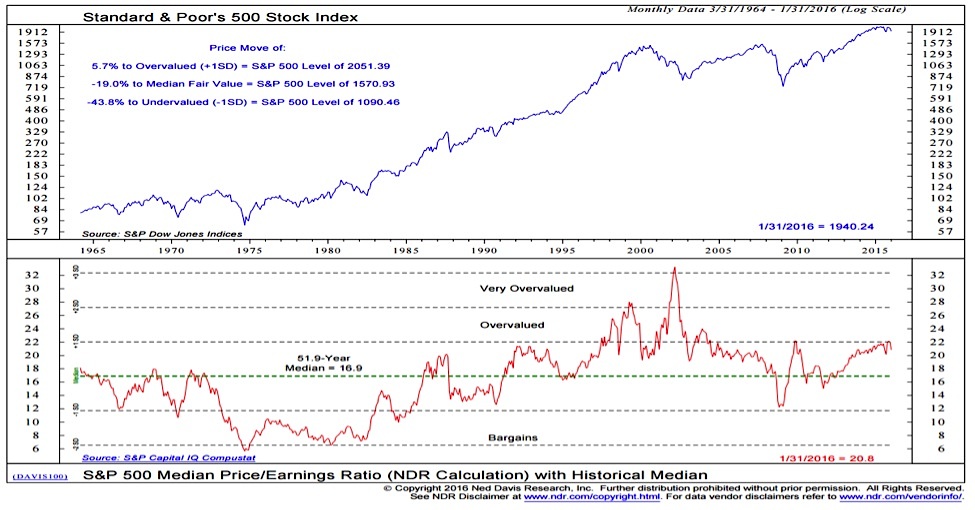Navigating The Chinese Market: The Case Of BMW And Porsche

Table of Contents
Understanding the Chinese Automotive Market's Unique Characteristics
The Chinese automotive market is not just big; it's uniquely complex. Understanding its nuances is crucial for any brand aiming for success.
The Size and Growth of the Luxury Car Segment
China's luxury car segment is experiencing explosive growth, outpacing global averages. This rapid expansion makes it a highly attractive market for luxury brands like BMW and Porsche.
- Market Share Data: BMW and Porsche consistently rank among the top luxury car brands in China, indicating significant market share capture. Precise figures fluctuate yearly, but both maintain a strong presence.
- Consumer Demographics: The Chinese luxury car buyer is often younger, more affluent, and tech-savvy than their global counterparts. They are increasingly interested in sustainable and technologically advanced vehicles.
- Growth Rates: The Chinese luxury car market demonstrates significantly higher growth rates than mature markets in North America or Europe, presenting substantial opportunities for expansion.
Cultural Nuances and Consumer Preferences
Chinese consumers have unique preferences that differ from those in Western markets. Understanding these is paramount for successful market penetration.
- Brand Reputation: Brand prestige and heritage are incredibly important. Established luxury brands hold significant advantages.
- Social Status: Owning a luxury car often signifies social status and success, influencing purchasing decisions.
- Technological Features: Chinese consumers highly value advanced technology, from driver-assistance systems to in-car entertainment.
- After-Sales Service: Exceptional after-sales service and customer support are crucial for building trust and loyalty.
- Local Partnerships: Collaborations with local businesses can enhance brand recognition and understanding of local preferences.
Government Regulations and Policies
Navigating the Chinese automotive market requires careful consideration of government regulations.
- Emission Standards: Stricter emission standards are driving the adoption of electric and hybrid vehicles.
- Import Tariffs: Import tariffs can significantly impact pricing strategies for luxury car brands.
- Subsidies: Government subsidies for electric vehicles can influence brand strategies and investment decisions. Understanding these policies is key to optimizing market entry.
BMW's Success in the Chinese Market
BMW's success in China is a testament to its strategic approach to the market.
BMW's Localization Strategy
BMW demonstrates a strong commitment to localization, adapting its offerings to resonate with Chinese consumers.
- Localized Models: BMW offers models specifically tailored to the Chinese market, considering factors such as size preferences and technological features.
- Marketing Campaigns: Marketing campaigns are carefully crafted to appeal to Chinese cultural values and preferences.
- Local Partnerships: BMW collaborates with local businesses and suppliers to strengthen its presence and understanding of the market.
BMW's Dealership Network and Distribution
A robust distribution network is vital for success in the vast Chinese market.
- Number of Dealerships: BMW boasts an extensive network of dealerships across the country, ensuring widespread reach.
- Geographical Reach: Strategic dealership placement ensures accessibility to consumers in both major cities and smaller towns.
- Service Quality: Maintaining high standards of service quality is critical for customer satisfaction and loyalty.
- Customer Experience: BMW invests heavily in creating a premium customer experience throughout the purchase and ownership journey.
BMW's Digital Marketing and Engagement
BMW leverages digital channels effectively to reach and engage Chinese consumers.
- Social Media Marketing: BMW utilizes popular Chinese social media platforms to connect with target audiences.
- Online Advertising: Targeted online advertising campaigns maximize reach and impact.
- Mobile Apps: Dedicated mobile apps provide customers with convenient access to services and information.
- E-commerce Initiatives: Exploring e-commerce channels expands accessibility and enhances customer convenience.
Porsche's Strategic Approach to the Chinese Market
Porsche's approach combines brand exclusivity with strategic expansion in the Chinese market.
Porsche's Brand Positioning and Exclusivity
Porsche skillfully maintains its brand exclusivity while increasing market penetration.
- Pricing Strategy: Porsche strategically prices its vehicles to maintain a premium image while remaining competitive.
- Limited Edition Models: Limited edition models generate exclusivity and desirability, enhancing brand appeal.
- Exclusive Events: Porsche hosts exclusive events for customers, reinforcing brand loyalty and exclusivity.
- Targeted Marketing Campaigns: Marketing campaigns focus on specific target demographics to maximize impact and brand resonance.
Porsche's Focus on Customer Experience
Porsche prioritizes exceptional customer service to build loyalty.
- Personalized Service: Porsche offers personalized service tailored to individual customer needs and preferences.
- After-Sales Support: Providing comprehensive after-sales support is crucial for building lasting customer relationships.
- Exclusive Events for Owners: Exclusive events for owners foster a sense of community and enhance brand loyalty.
Porsche's Electrification Strategy in China
Porsche is adapting to the growing demand for electric vehicles in China.
- Investment in EV Infrastructure: Porsche is investing in electric vehicle infrastructure to support the adoption of its electric models.
- Launch of Electric Models: Porsche is launching electric models tailored to the Chinese market's preferences.
- Government Incentives: Leveraging government incentives for electric vehicles further strengthens its position in the market.
Mastering the Chinese Automotive Market – Key Takeaways and Future Outlook
Both BMW and Porsche's success in China underscores the importance of understanding cultural nuances, adapting products and marketing to local preferences, and establishing a strong distribution network. Navigating the Chinese market requires a long-term commitment and strategic approach. The future of the Chinese luxury car market promises continued growth, driven by increasing affluence, technological advancements, and government policies. This dynamic environment presents both challenges and unparalleled opportunities for automotive brands.
To successfully penetrate the Chinese market and achieve sustained success in the Chinese automotive market, further research into successful strategies is crucial. We encourage you to delve deeper into case studies of other brands operating in this complex yet rewarding environment. Mastering the complexities of navigating the Chinese market is key to unlocking the immense potential it offers.

Featured Posts
-
 Strategiczne Partnerstwo Polska Firma Zaopatruje Amerykanska Armie W Trotyl
May 06, 2025
Strategiczne Partnerstwo Polska Firma Zaopatruje Amerykanska Armie W Trotyl
May 06, 2025 -
 Nikes Plummeting Revenue Five Year Low Predicted
May 06, 2025
Nikes Plummeting Revenue Five Year Low Predicted
May 06, 2025 -
 Kilauea Volcanos Unprecedented Eruption A Rare Pattern After Nearly 40 Years
May 06, 2025
Kilauea Volcanos Unprecedented Eruption A Rare Pattern After Nearly 40 Years
May 06, 2025 -
 A New Era In Fitness Nike And Skims Partner
May 06, 2025
A New Era In Fitness Nike And Skims Partner
May 06, 2025 -
 High Stock Market Valuations Why Bof A Thinks Investors Shouldnt Worry
May 06, 2025
High Stock Market Valuations Why Bof A Thinks Investors Shouldnt Worry
May 06, 2025
Latest Posts
-
 Rihannas Chic Winter Outfit Santa Monica Dinner Date
May 06, 2025
Rihannas Chic Winter Outfit Santa Monica Dinner Date
May 06, 2025 -
 Modni Vikhodi Rianni Shiroki Dzhinsi Ta Bliskuchi Prikrasi
May 06, 2025
Modni Vikhodi Rianni Shiroki Dzhinsi Ta Bliskuchi Prikrasi
May 06, 2025 -
 Rihanna Pregnant Again Expecting Baby Number Three
May 06, 2025
Rihanna Pregnant Again Expecting Baby Number Three
May 06, 2025 -
 Rihanna Shares A Special Moment With A Fan In Paris
May 06, 2025
Rihanna Shares A Special Moment With A Fan In Paris
May 06, 2025 -
 Rihannas Third Pregnancy A Look At Her Journey
May 06, 2025
Rihannas Third Pregnancy A Look At Her Journey
May 06, 2025
